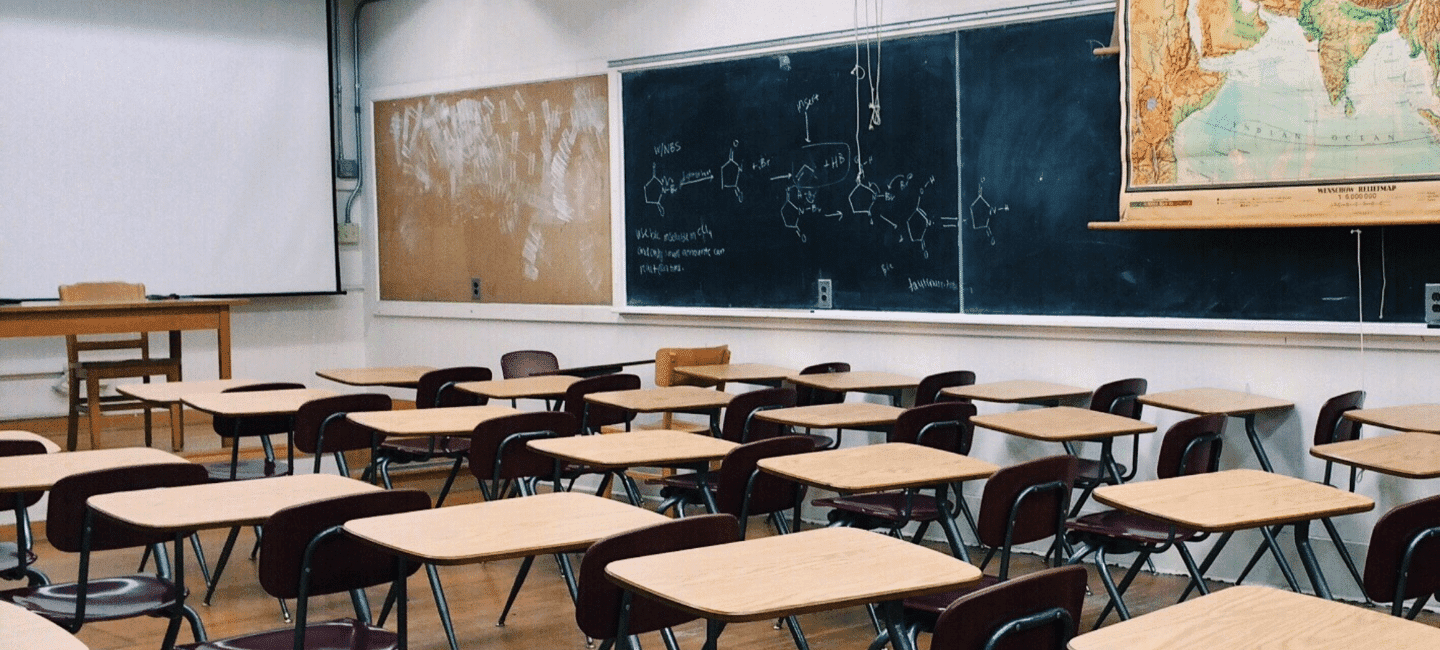
Preventing School Shootings
Understanding the laws surrounding IEPs within your context will help to ensure that you are able to provide legally sound and equitable programming for your students.
01 Sep 2022
April 27, 2022

Key Takeaway: It is the responsibility of special educators to continuously review the special education laws specific to their location. As an educator, you will frequently reference your students’ individualized education plan or program (IEP), often as a legally binding document, in order to align the IEP goals with the personalized learning goals. Understanding the laws surrounding IEPs within your context will help to ensure that you are able to provide legally sound and equitable programming for your students. —Taryn McBrayne
In the article, “Ten Legal Lessons for Special Educators,” co-authors Emma Gratton-Fisher and Perry A. Zirkel (Lehigh University, College of Education) emphasize the importance of building legal literacy amongst special educators.
Gratton-Fisher and Zirkel state that as special education teachers, “. . . you need basic legal currency, not a law degree, to navigate the legally denser parts of special education law and support students with special needs.” In order to assist educators in navigating the legalities that exist within the educational field, the authors outline ten legal pointers that they believe to be most applicable to special education teachers and seek to debunk possible legal myths.
The article highlights the following five pieces of legal information as they relate to laws applicable in the United States (Individuals with Disabilities Education Act (IDEA) and Section 504 of the Rehabilitation Act):
“One ‘red flag,’ such as a diagnosis of ADHD, or a parent evaluation request does not automatically obligate the school to evaluate the student for special education.” Contrary to popular belief, Zirkel (1) suggests that “reasonable suspicion” for a student’s eligibility for special education services requires a “pattern of indicators.”
“A student does not need to complete all tiers of Response to Intervention (RTI) or Multi-Tiered System of Support (MTSS) prior to the school finding them eligible for special education.”
“The law does not clearly define the boundary between special and general education.” Gratton-Fisher and Zirkel explain that a student who is diagnosed with a learning difference does not automatically qualify for special education services. Rather, services are only provided to the student if the diagnosis impacts their educational performance.
“A concussion does not entitle a child to eligibility under Section 504 or IDEA.” According to Zirkel (2), to receive services under the Rehabilitation Act, a student’s physical or mental impairment must impact them for “at least four-to-six months.” Therefore, in this context, the duration of their impairment must be considered.
“A legally sound IEP must provide the most reasonably calculated progress for the child, which does not need to be equal to the progress of children without disabilities.” Gratton-Fisher and Zirkel reference Yell and Bateman’s (3) detailing of a 2017 Supreme Court case to support the notion that an appropriate IEP is one that “enables a child to make progress.”
The remaining five pointers outlined in the article fall under the categories of Free Appropriate Public Education (FAPE), Least Restrictive Environment (LRE), discipline, remedies, and miscellaneous. Those who are interested in learning more about the legalities within these contexts of special education are encouraged to read Gratton-Fisher and Ziekel’s article in detail.
Ultimately, through the discussion of the aforementioned legal statements, the authors reiterate the importance of frequently reviewing special education laws due to the implications they can have on the daily practices of special education teachers.
Article Summarized:
Gratton-Fisher, E., & Zirkel, P. A. (2021). Ten Legal Lessons for Special Educators. Exceptionality: A Special Education Journal, Vol. 29 (1), 41-46. https://doi.org/10.1080/09362835.2020.1727341
Summary By: Taryn McBrayne – Taryn believes in the power of student voice and, through the MARIO Framework, strives to create more opportunities for both educators and students alike to regularly make use of this power.
Additional References: